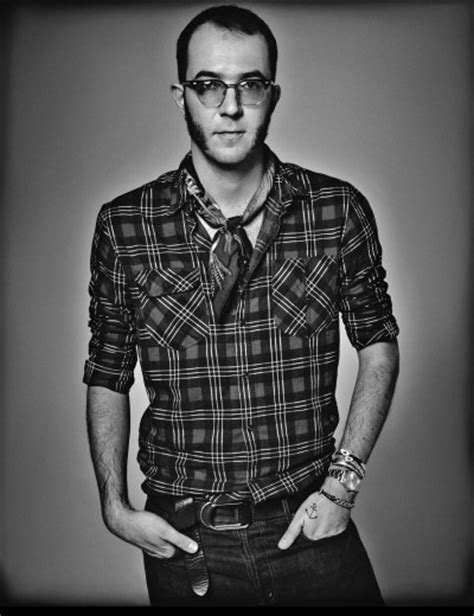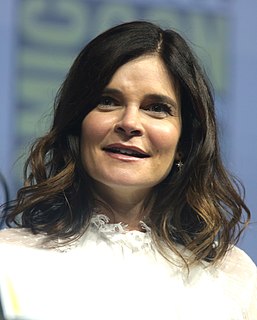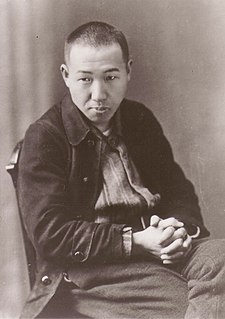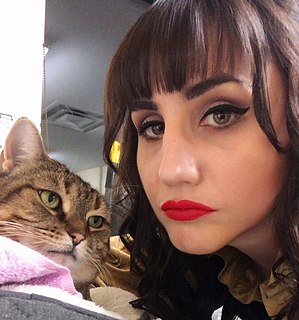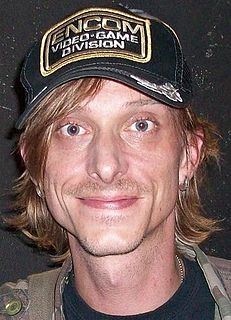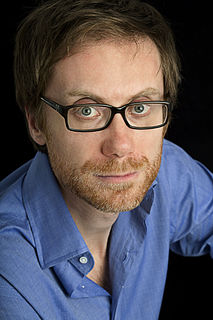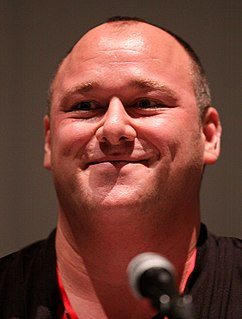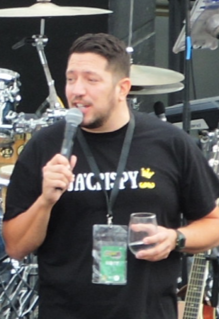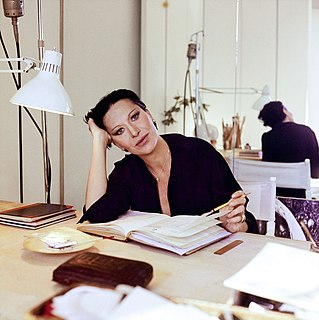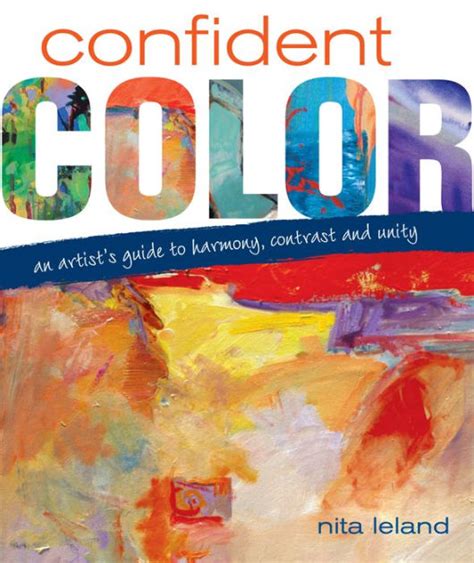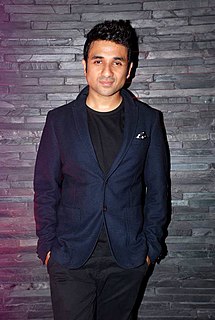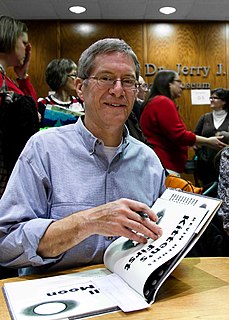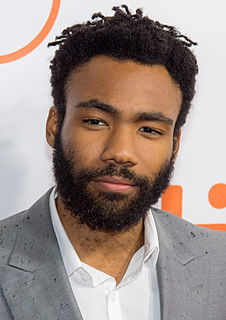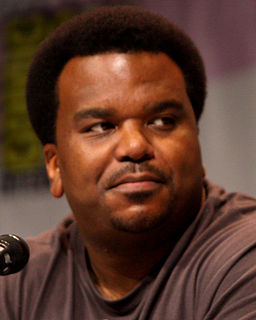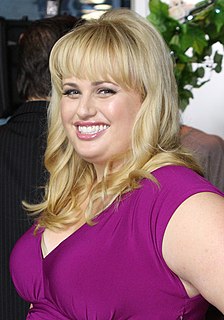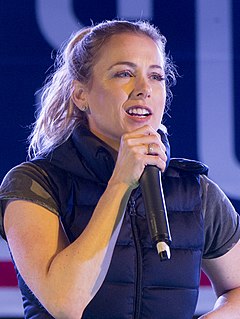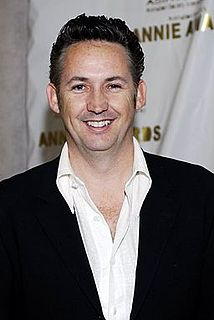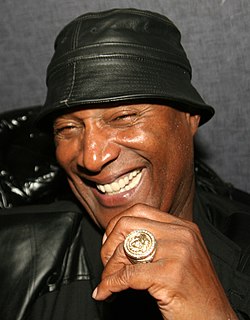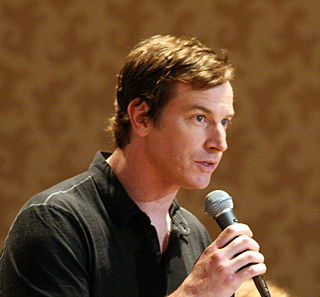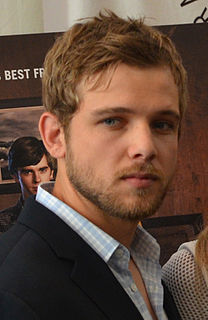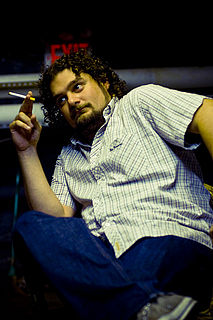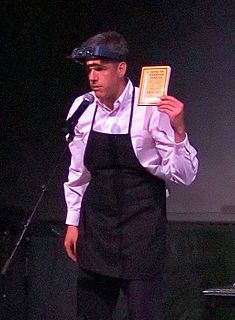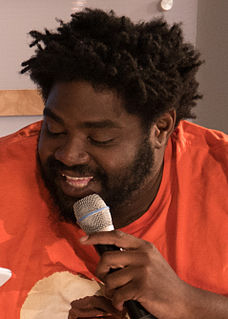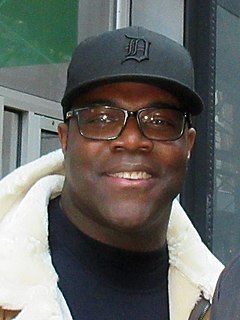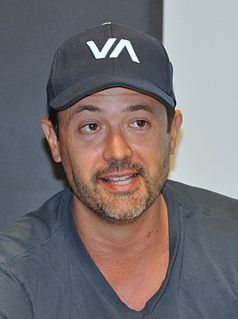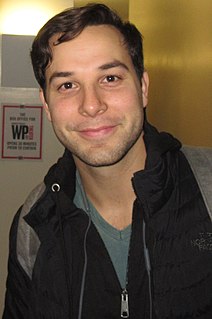Top 1200 Sketch Comedy Quotes & Sayings - Page 17
Explore popular Sketch Comedy quotes.
Last updated on April 19, 2025.
I've always been a fan of comedy, and I understood from a young age that what makes most comedy work is the immediacy of first person experience. I'd spent a lot of time from 1995-1998 focusing almost exclusively on poetry, and it's an incredibly difficult form in which to achieve a sustained comic tone unless you're Alexander Pope.
As a woman, she [Penelope Cruz] obviously has changed as she has become an adult. But, as an actress, I actually might say that she has not changed that much. And she has something great, especially in comedy, and she hasn't been exploited as much as she could be in comedy, but particularly in that mix between comedy and drama. She's got a very special quality about her. You can place her in very extreme situations, especially very painful situations, in terms of how her character interprets it. And sometimes, the deeper and more human that pain is, the better she is at it.
Here's a woman, a real pioneer for other women looking for careers in stand-up comedy. And talk about guts - she would come out here and sit in this chair and say some things that were unbelievable - where you would have to swallow pretty hard... but it was hilarious... the force of her comedy was overpowering.
To me, Fight Club was a comedy. When [David] Fincher sent me the book and I read it, the first thing I asked him was, "This is a comedy, right?" he said, "Yeah, that's the whole point," and I said, "Okay, I'm in." I certainly wasn't imagining myself as a dramatic actor when I was running around in my underwear in that film.
I think, in general, when you're doing comedy, you're having a good time regardless of the comedy table tennis that you're playing. I think you want that, too: you're rooting for two characters to be together, and you should feel that even when they're angry at each other, they're still in synch with each other.
I had always drawn, every day as long as I had held a pencil, and just assumed everyone else had too…Art had saved me and helped me fit in…Art was always my saving grace…Comedy didn’t come until much later for me. I’ve always tried to combine the two things, art and comedy, and couldn’t make a choice between the two. It was always my ambition to make comedy with an art-school slant, and art that could be funny instead of po-faced.
The funny thing about The West Wing is - and I don't know what Aaron Sorkin says about it - but I'm convinced it was a comedy. It's a very intellectual and cerebral comedy, but it was SportsNight in the White House. It had an energy and a vitality and an intelligence and a passion that's rare. And it was extremely difficult to do, because they were so demanding about the dialogue.



